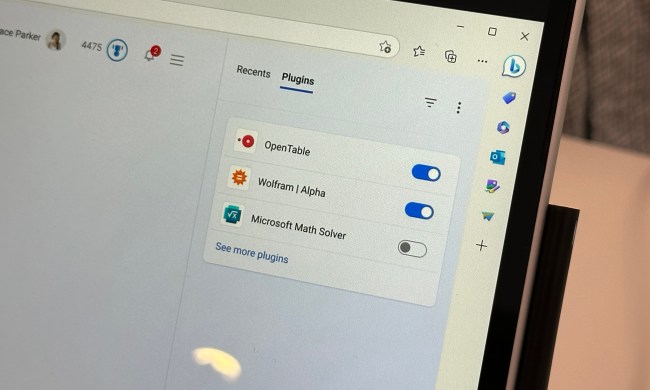Malware on websites has become a massively growing concern in the last couple of years. Hackers can place it there without site owners knowing and visitors can become infected in so-called ‘drive-bys.’
Now Microsoft is doing something to help in a new feature on its Crawl Tool, which spiders sites for search engine rankings. It now flags all pages containing malware or linking to other pages containing malware, puts a malware warning on the ranking, and disables links to the page from the search engine.
A notification is sent to webmasters which will link to the Crawl Tool’s Webmaster Central, where users can identify the affected page, get advice on fixing the problem and then submit a request to have the site re-scanned once it’s been disinfected.
In a blog post, the company explained this new move:
“As a site owner, having malware on your site, or even just linking to other sites whose pages contain malware, can harm your customers. At a minimum, this may prevent your customers from being able to access the content on your site from search results pages.”



